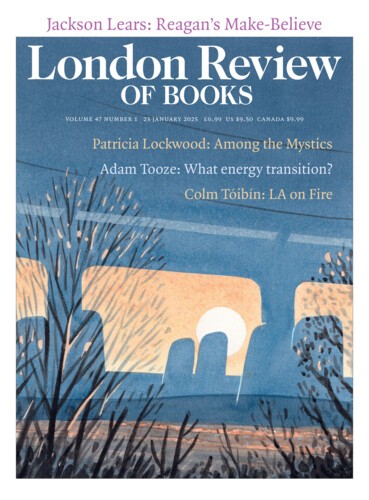Ihid the covers of the books I read about Savarkar for this piece. I wanted to be able to read in public without worrying about the judgment of strangers; without looking like another affluent Hindu man being red-pilled into ancestral resentments. I was wary of being seen reading about Savarkar and wary of writing about him. The former might upset anyone who saw me; the latter might upset ...
The BJP, India’s ruling party for the last ten years, is built on the nationalist creed to which Savarkar gave a definition as well as a name, Hindutva. He is portrayed by his critics as a coward, a threat to the republic and a man who bears much responsibility for Gandhi’s murder. To the BJP he is a nationalist hero, and since Narendra Modi’s election as prime minister in 2014, his rehabilitation has been nearly complete.


